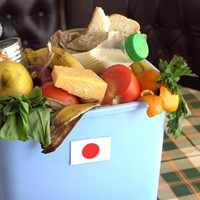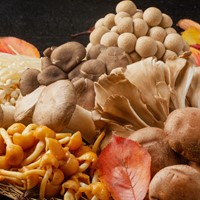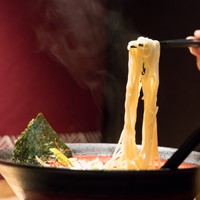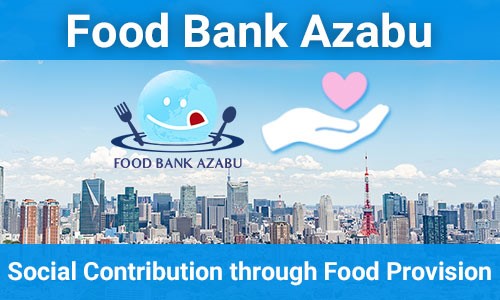What is Kodomo Shokudo? - Kids Cafes in Japan

Kodomo Shokudo (a Kids Cafe / Kodomo=kids, Shokudo=cafe) provides nutritious meals and a welcoming environment for children from low-income backgrounds or those who eat alone. These services are offered by local volunteers and municipalities either for free or at an affordable price. Adults can also join to eat, and their contributions support the operations. The number of these facilities has grown from 319 nationwide in 2016 to over 7,000 or more in 2022, according to Musubie and Community Networks research. This article introduces the roles of Kodomo Shokudo, current challenges, and how to find one near you.
Roles of Kodomo Shokudo
Kodomo Shokudo plays several essential roles.
Providing Nutritious Meals
Kodomo Shokudo ensures children receive nutritious meals, addressing nutritional deficiencies and supporting their health and growth.
Offering a Safe and Welcoming Environment
These cafes provide a comfortable and safe place for children to enjoy their meals and engage in positive interactions.
Fostering Community Bonds
By fostering cooperation between volunteers, local businesses, schools, and community members, Kodomo Shokudo strengthens community bonds.
Connection with the Community

Kodomo Shokudo relies on community cooperation and collaboration to maximize their roles.
Volunteer Support
These cafes are often operated with the help of local volunteers, including residents, students, and employees from local businesses, who contribute to meal preparation, distribution, cleaning, and event coordination.
Collaboration with Local Businesses
Some Kodomo Shokudo partners with local businesses, which provide ingredients and donations, enhancing the quality and diversity of meals.
Community Events
Participating in local events allows Kodomo Shokudo to promote their activities, increase interaction with residents, and build strong community connections. Schools in the community may also actively participate.
The Meals at Kodomo Shokudo

The food provided at Kodomo Shokudo is sourced through various methods. Here are some common examples.
Food Donations
Food donations from food manufacturers, local businesses, and individuals are provided to Kodomo Shokudo.
Local Supermarkets and Grocery Stores
Some Kodomo Shokudo locations procure ingredients from local supermarkets and grocery stores.
Homegrown Produce
Some Kodomo Shokudo uses homegrown vegetables harvested by themselves or by schools and individuals for providing meals.
Collaboration with Local Restaurants and Food Providers
Local restaurants and food businesses collaborate with Kodomo Shokudo to provide ingredients and cooking services. This collaboration allows for a variety of cooking styles and menu options to be offered.
Challenges Faced by Kodomo Shokudo
Operating Kodomo Shokudo can be challenging due to difficulties in securing sufficient funding and staffing. Facility and equipment constraints may limit the services offered. While these cafes play a vital role in addressing food insecurity and economic hardship, they offer only symptomatic relief and necessitate comprehensive policies and initiatives to address underlying societal issues.
Finding Nearby Kodomo Shokudos
If you are interested in supporting or participating in a Kodomo Shokudo, you can use the Kodomo Shokudo Network(Japanese) to locate one near you. This network allows you to search for Kodomo Shokudos all over Japan, from Hokkaido to Okinawa. Additionally, you can donate food to a food bank, and these food banks often support Kodomo Shokudos by providing donations.
In Summary
Kodomo Shokudo, led by local volunteers and municipalities, provide free or affordable nutritious meals to children while creating a safe and welcoming environment. Despite challenges related to funding, staffing, and facility constraints, they play a crucial role in addressing food insecurity and building strong community bonds. Continuous cooperation and support from the local community are essential for the success of these activities.
















